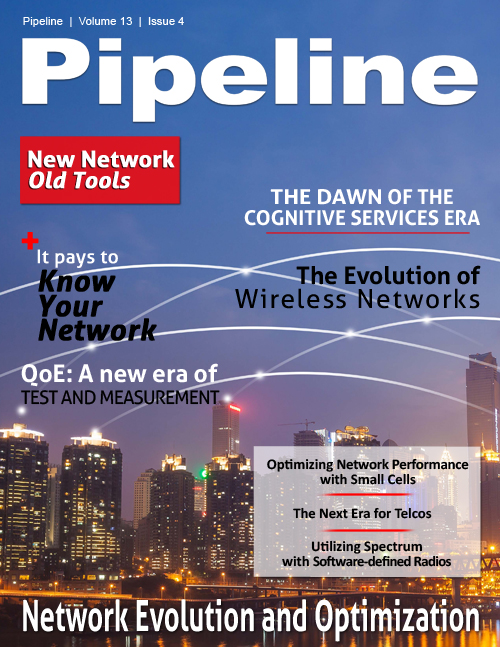QoE: A new era of test and measurement to determine the sweet spot of network provisioning
That extra cost is often passed onto users, which in turn could drive the users away.
In addition tests need to be conducted to determine the sweet spot between two opposing parameters: the most expensive, foolproof service versus the cheapest service that also supports as many
users as possible. This helps us to understand the economics of deployment of the device under test.We all know that, in the fog of measurement uncertainty, we tend to throw additional resources at the device in order for users to have a good, quality experience. But the costs per user will be high; not just initially, but also longer-term. That’s because we’ll overpay for performance we don’t need with a service contract that can represent 15 percent to 20 percent per year of the cost of the device
That extra cost is often passed onto users, which in turn could drive the users away. Of course, if we rely too much on traditional engineering metrics like bandwidth we are likely to get an overly optimistic view of what we can provision in the network, which in turn leads to unintentional under-provisioning of a device. The net effect: user experience becomes unpredictable and customers leave because of their perception that service quality is poor. Losing customers is not only directly related to lost revenue, it also adds costs. The cost of recapturing customers can be quite expensive. In fact, it can cost a company about the percent of the money it could have made from a customer just to get that customer back. With QoE as the yardstick, we can better navigate the tension between under and over provisioning a network.
No less important is the testing of network services with security as a function of QoE. Network services should be tested during attacks using emulators to determine whether a device can defend against an attack while still delivering a service and transporting valid traffic. Not only is the security tested, the network performance is measured.
Test and measurement techniques have evolved as network requirements have changed and network equipment has advanced. We are now entering a new era of testing with QoE, and it’s an era that’s positioned well to deliver the most impactful insights ever. With QoE, businesses can better understand the quality of an application and the underlying network and devices—all from the user’s perspective. In turn, they’ll find that sweet spot of provisioning that is economically advantageous.





















